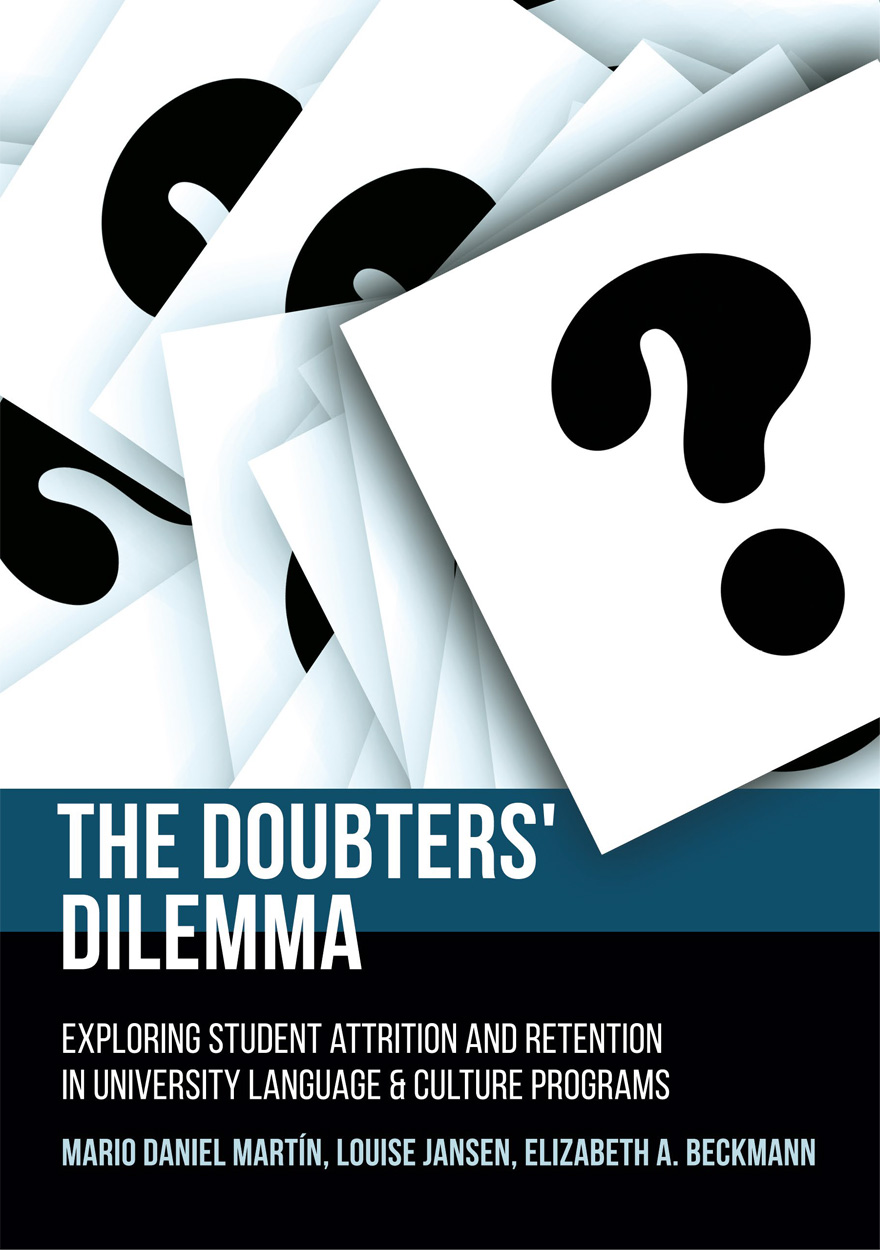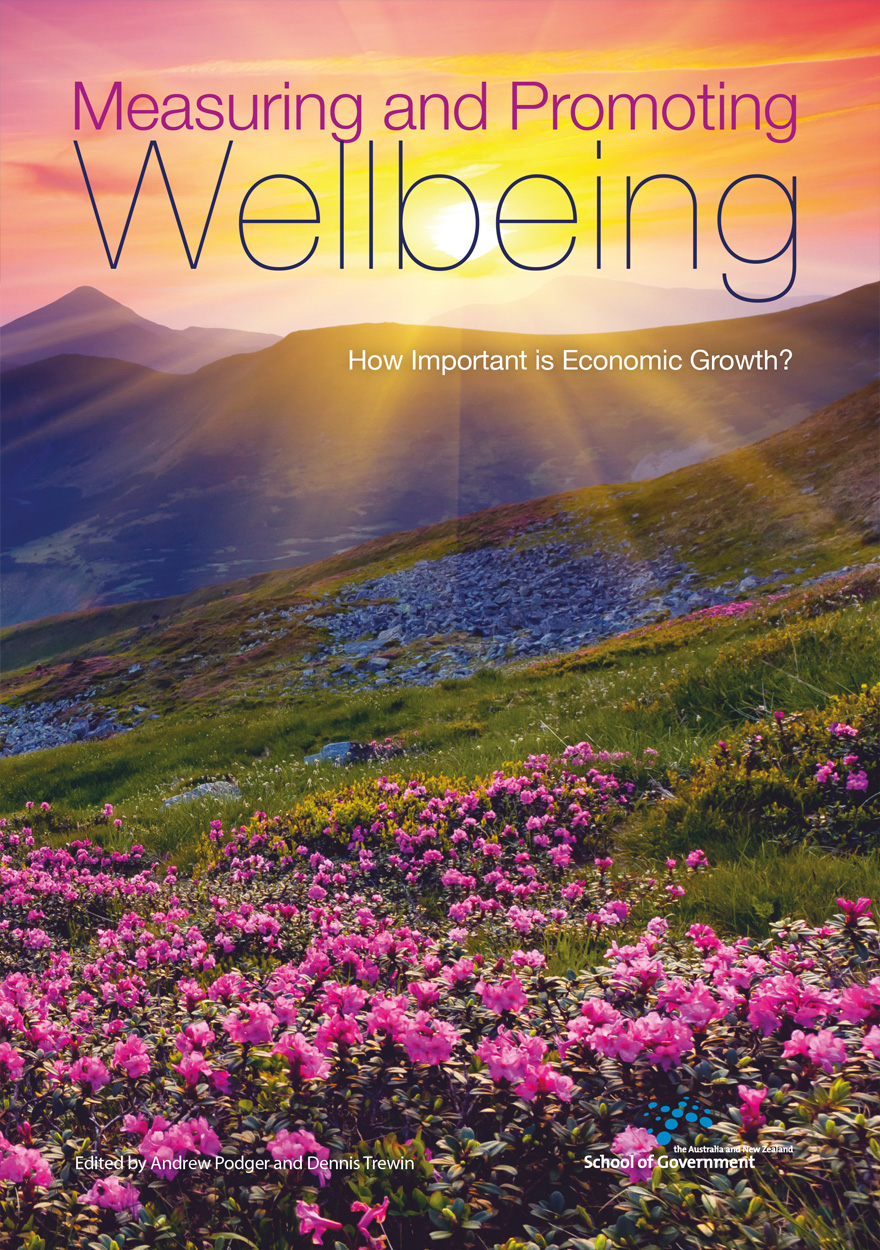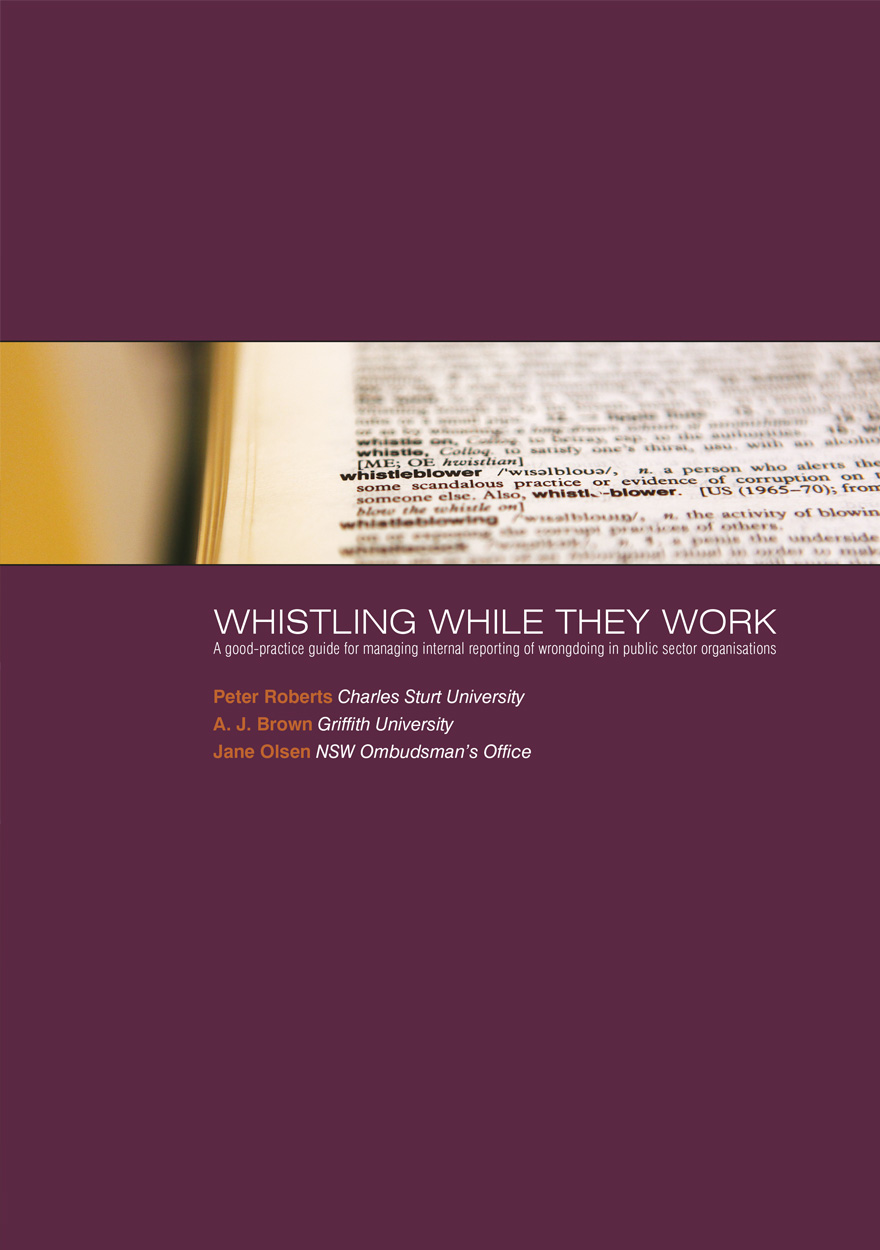Search titles
Displaying results 1 to 10 of 19.

Indigenous Data Sovereignty »
Toward an agenda
Edited by: Tahu Kukutai, John Taylor
Publication date: November 2016
As the global ‘data revolution’ accelerates, how can the data rights and interests of indigenous peoples be secured? Premised on the United Nations Declaration on the Rights of Indigenous Peoples, this book argues that indigenous peoples have inherent and inalienable rights relating to the collection, ownership and application of data about them, and about their lifeways and territories. As the first book to focus on indigenous data sovereignty, it asks: what does data sovereignty mean for indigenous peoples, and how is it being used in their pursuit of self-determination?
The varied group of mostly indigenous contributors theorise and conceptualise this fast-emerging field and present case studies that illustrate the challenges and opportunities involved. These range from indigenous communities grappling with issues of identity, governance and development, to national governments and NGOs seeking to formulate a response to indigenous demands for data ownership. While the book is focused on the CANZUS states of Canada, Australia, Aotearoa/New Zealand and the United States, much of the content and discussion will be of interest and practical value to a broader global audience.
‘A debate-shaping book … it speaks to a fast-emerging field; it has a lot of important things to say; and the timing is right.’
— Stephen Cornell, Professor of Sociology and Faculty Chair of the Native Nations Institute, University of Arizona
‘The effort … in this book to theorise and conceptualise data sovereignty and its links to the realisation of the rights of indigenous peoples is pioneering and laudable.’
— Victoria Tauli-Corpuz, UN Special Rapporteur on the Rights of Indigenous Peoples, Baguio City, Philippines

The Doubters' Dilemma »
Exploring student attrition and retention in university language and culture programs
Publication date: August 2016
This book explores the extent and causes of attrition and retention in university Language & Culture (L&C) programs through a detailed analysis of an institutional case study at The Australian National University (ANU). Using extensive data collected through student surveys, coupled with data mining of university-wide enrolment data, the authors explore the enrolment and progress of students in all ANU L&C programs. Through their detailed statistical analysis of attrition and retention outcomes, the authors reveal serious inadequacies in the traditional, and common, methodology for determining the extent of student attrition and retention in tertiary L&C programs. Readers are shown why a year-to-year comparison of students who continue or discontinue language studies using traditional statistical methodology cannot provide data that is sufficiently meaningful to allow for sound policy- and decision-making. The authors instead suggest a more valid, replicable methodology that provides a new approach potentially applicable to all disciplines and all student retention measures. The authors also demonstrate that the empirical data supports a new hypothesis for the reasons for attrition, based on students’ relative belief or doubt in their capacity to complete their studies successfully. By highlighting the importance of language capital as a factor in students’ concerns about their capacity for success, and hence in their decisions to stay in, or leave, a university language program, the authors show the importance of the ‘doubters’ dilemma’. By taking a rigorous approach to hypothesis building and testing around enrolment and attrition data, the authors provide valuable insights into attrition issues, and potential retention strategies, in L&C programs, which will be relevant to institutions, policy-makers and teaching academics.

Bayesian Methods for Statistical Analysis »
Authored by: Borek Puza
Publication date: October 2015
Bayesian methods for statistical analysis is a book on statistical methods for analysing a wide variety of data. The book consists of 12 chapters, starting with basic concepts and covering numerous topics, including Bayesian estimation, decision theory, prediction, hypothesis testing, hierarchical models, Markov chain Monte Carlo methods, finite population inference, biased sampling and nonignorable nonresponse. The book contains many exercises, all with worked solutions, including complete computer code. It is suitable for self-study or a semester-long course, with three hours of lectures and one tutorial per week for 13 weeks.

Measuring and Promoting Wellbeing »
How Important is Economic Growth?
Edited by: Andrew Podger, Dennis Trewin
Publication date: April 2014
Australia continues to be at the forefront of international work on measuring and promoting wellbeing, Ian Castles being a significant contributor over the last forty years as an official and academic. This book combines a selection of Castles’ important work with contemporary research from a range of contributors.
The material is in four parts:
1. The role of economics in defining and promoting wellbeing
2. Measuring real income and wellbeing
3. Measuring inequality
4. Climate change and the limits to growth.
The issues canvassed are both long-standing and current. Does economic growth contribute to wellbeing? How different is income to wellbeing? How do we measure societal wellbeing and take its distribution into account? The book will be of value to all those looking to informed debate on global challenges such as reducing poverty, sustaining the environment and advancing the quality of life, including politicians, commentators, officials and academics.

Survey Analysis for Indigenous Policy in Australia »
Social Science Perspectives
Edited by: Boyd Hunter, Nicholas Biddle
Publication date: November 2012
Indigenous policy is a complex domain motivated by a range of social, cultural, political and economic issues. The Council of Australian Governments ‘closing the gaps’ agenda for addressing Indigenous disadvantage in Australia now includes six targets with well defined and measurable outcomes for policy action. In this context there is a continuing and pressing need for robust debate to understand how meaningful improvement in Indigenous outcomes might be achieved.
This monograph presents the peer-reviewed proceedings of the 2011 CAEPR/ABS conference on ‘Social Science Perspectives on the 2008 National and Aboriginal Torres Strait Islander Social Survey’. It is the fourth CAEPR monograph since 1992 to reflect on national surveys of Indigenous Australians. The conference covered topics including child development, crime and justice, culture, wellbeing, the customary economy, demography, education, employment, fertility, health, housing, income and financial stress, mobility, poverty, social exclusion, and substance abuse. The papers summarise the strengths and limitations of the 2008 NATSISS, discuss the types of policy-relevant questions it can inform, and consider future survey design.
A social survey such as the NATSISS can ultimately never tell those responsible for developing public policy what to do, but it can provide useful information to inform policy decisions. This volume will be useful for researchers and policy makers, and relevant to the wider national debate and, in particular, Indigenous communities and organisations.

With the Benefit of Hindsight »
Valedictory Reflections from Departmental Secretaries, 2004–11
Publication date: April 2012
Secretaries of government departments in Australia are the bureaucratic leaders of their generation. They are ambitious, highly-talented executives who have risen to the very pinnacle of their chosen vocation – public service to the Australian nation – usually after having spent most, if not all, of their professional careers dedicated to the public service. They serve governments as their top advisers and in policy terms are often some of the most important decision-makers in the country.
This collection brings together the valedictory speeches and essays from a departing group of secretaries (and one or two other equivalent agency heads) who left the Australian Public Service between 2004 and 2011. Over this period of time it gradually became accepted that departing secretaries and heads of significant agencies would present a valedictory address to their peers at a public farewell function. The first two speeches in this collection were initiated informally and given at functions organised by their agencies; in 2005 the process was formalised with the Australian Public Service Commission acting as organiser.
These contributions contain reflections, commentaries, occasional fond memories or key turning-points in careers, critiques of changes that have occurred and an outline of the remaining challenges their successors will face as the public administrators of tomorrow.
From the outset it is clear that there is no uniform message, no single narrative levelled either in praise or in criticism, other than pride in the public service and strong belief in the contribution it makes to the Australian community. They have their own personal ‘takes’ on how the public service looks to them, on its performance and on the challenges confronting public administration into the future. Most spend some time looking back, reflecting on the extent of change that has occurred over the length of their careers; but equally importantly they look forward, anticipating future policy dilemmas and capacity challenges.

Security and Privacy »
Global Standards for Ethical Identity Management in Contemporary Liberal Democratic States
Authored by: John Kleinig, Peter Mameli, Seumas Miller, Douglas Salane, Adina Schwartz
Publication date: December 2011
This study is principally concerned with the ethical dimensions of identity management technology – electronic surveillance, the mining of personal data, and profiling – in the context of transnational crime and global terrorism. The ethical challenge at the heart of this study is to establish an acceptable and sustainable equilibrium between two central moral values in contemporary liberal democracies, namely, security and privacy. Both values are essential to individual liberty, but they come into conflict in times when civil order is threatened, as has been the case from late in the twentieth century, with the advent of global terrorism and trans-national crime.
We seek to articulate legally sustainable, politically possible, and technologically feasible, global ethical standards for identity management technology and policies in liberal democracies in the contemporary global security context. Although the standards in question are to be understood as global ethical standards potentially to be adopted not only by the United States, but also by the European Union, India, Australasia, and other contemporary liberal democratic states, we take as our primary focus the tensions that have arisen between the United States and the European Union.

Working Together in Vanuatu »
Research Histories, Collaborations, Projects and Reflections
Edited by: John Taylor, Nick Thieberger
Publication date: October 2011
This collection is derived from a conference held at the Vanuatu National Museum and Cultural Centre (VCC) that brought together a large gathering of foreign and indigenous researchers to discuss diverse perspectives relating to the unique program of social, political and historical research and management that has been fostered in that island nation. While not diminishing the importance of individual or sole-authored methodologies, project-centered collaborative approaches have today become a defining characteristic of Vanuatu’s unique research environment. As this volume attests, this environment has included a dynamically wide range of both ni-Vanuatu and foreign researchers and related research perspectives, most centrally including archaeologists and anthropologists, linguists, historians, legal studies scholars and development practitioners. This emphasis on collaboration has emerged from an ongoing awareness across Vanuatu’s research community of the need for trained researchers to engage directly with pressing social and ethical concerns, and out of the proven fact that it is not just from the outcomes of research that communities or individuals may be empowered, but also through their modes and processes of implementation, as through the ongoing strength and value of the relationships they produce. With this in mind, the papers presented here go beyond the mere celebration of collaboration by demonstrating Vanuatu’s specific environment of cross-cultural research as a diffuse set of historically emergent methodological approaches, and by showing how these work in actual practice.

Whistling While They Work »
A good-practice guide for managing internal reporting of wrongdoing in public sector organisations
Authored by: Peter Roberts, A. J. Brown, Jane Olsen
Publication date: September 2011
This guide sets out results from four years of research into how public sector organisations can better fulfil their missions, maintain their integrity and value their employees by adopting a current best-practice approach to the management of whistleblowing.
This guide focuses on: the processes needed for public employees and employees of public contractors to be able to report concerns about wrongdoing in public agencies and programs; and managerial responsibilities for the support, protection and management of those who make disclosures about wrongdoing, as part of an integrated management approach.
The guide is designed to assist with the special systems needed for managing ‘public interest’ whistleblowing-where the suspected or alleged wrongdoing affects more than the personal or private interests of the person making the disclosure. As the guide explains, however, an integrated approach requires having good systems for managing all types of reported wrongdoing-including personal, employment and workplace grievances-not least because these might often be interrelated with ‘public interest’ matters.

Demographic and Socioeconomic Outcomes Across the Indigenous Australian Lifecourse »
Evidence from the 2006 Census
Authored by: Nicholas Biddle, Mandy Yap
Publication date: December 2010
Across almost all standard indicators, the Indigenous population of Australia has worse outcomes than the non-Indigenous population. Despite the abundance of statistics and a plethora of government reports on Indigenous outcomes, there is very little information on how Indigenous disadvantage accumulates or is mitigated through time at the individual level. The research that is available highlights two key findings. Firstly, that Indigenous disadvantage starts from a very early age and widens over time. Secondly, that the timing of key life events including education attendance, marriage, childbirth and retirement occur on average at different ages for the Indigenous compared to the non-Indigenous population. To target policy interventions that will contribute to meeting the Council of Australian Governments’ (COAG) Closing the Gap targets, it is important to understand and acknowledge the differences between the Indigenous and non-Indigenous lifecourse in Australia, as well as the factors that lead to variation within the Indigenous population.



